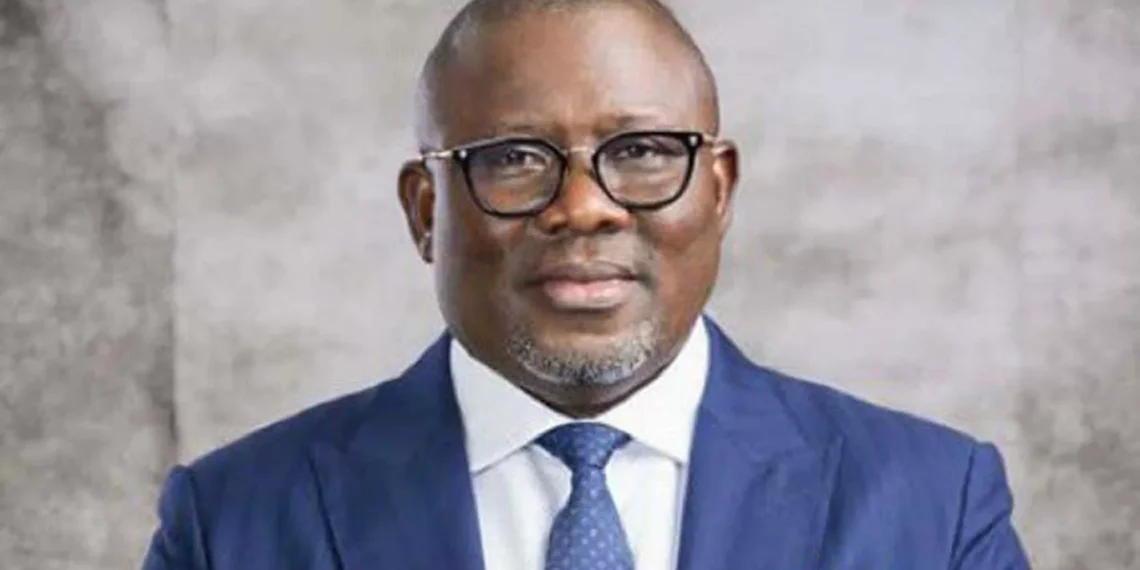The Itsekiri Leaders of Thought (ILOT) have accused Delta State Governor Sheriff Oborevwori of nepotism in the management of the Delta State Oil Producing Areas Development Commission (DESOPADEC) funds. The group alleges that the N5.5 billion budget for centralized projects in 2023 was disproportionately allocated to favour the governor’s Urhobo ethnic group, sparking outrage among oil-producing communities.
ILOT, a prominent non-partisan organization representing the Itsekiri ethnic group, claims that while the Urhobo ethnic group received a staggering N3.84 billion (70% of the budget), the Itsekiri and Ijaw communities—who contribute over half of Delta State’s oil production—were allocated a combined N730 million, representing a mere 14%. This breakdown saw the Itsekiri receiving N315 million (6%) and the Ijaw N415 million (8%).
What has further fueled the controversy is the revelation that N3 billion of the Urhobo allocation was earmarked for projects in Osubi, the governor’s hometown in Okpe Local Government Area, a region not classified as an oil-producing community. This has led to questions about the legality and fairness of diverting funds intended for oil-producing regions to non-oil areas.
Other oil-producing ethnic groups also received disproportionately low allocations, with the Isoko, Ndokwa, and Ika groups receiving 4%, 9%, and 4%, respectively. This lopsided distribution, according to ILOT, violates the principles of equity and fairness that DESOPADEC was established to uphold.
ILOT emphasized that the Itsekiri and Ijaw communities contribute 29% and 27% of the state’s total oil production, respectively, making their combined contribution 56%. The group noted that DESOPADEC, funded by 50% of Delta State’s 13% derivation fund from the Federation Account Allocation Committee (FAAC), was specifically created to address the environmental and infrastructural challenges faced by oil-producing communities.
In a formal complaint addressed to Governor Oborevwori, ILOT criticized the deviation from DESOPADEC’s traditional allocation formula, which considers the contribution of each ethnic group to oil production. They described the current allocation as “an act of injustice” and a “breach of trust,” warning that such practices could erode social harmony in the state.
Read also: FG, Adamawa partner to transform 2 Hospitals into Federal Medical Centers
They reminded the governor that the law mandates DESOPADEC to focus on developing oil-producing communities that bear the brunt of environmental degradation caused by oil exploration. “This fund is not meant for non-oil-producing areas or to supplement state government development initiatives elsewhere,” their statement stressed.
ILOT called on Governor Oborevwori to revise the allocations and align them with the law, ensuring equitable distribution among all oil-producing communities. They warned that continued marginalization could heighten tensions and lead to unrest in Delta State, a region already fraught with ethnic and resource-related conflicts.
The controversy has reignited longstanding grievances over resource control and equitable development in the oil-rich state. Critics argue that oil-producing communities often face environmental degradation and infrastructural neglect despite generating the bulk of the state’s revenue.
Observers are now closely watching Governor Oborevwori’s next move as pressure mounts for him to address the allegations and restore fairness in the allocation of DESOPADEC funds. The stakes are high, as the governor’s response could either mend or exacerbate the fractures in Delta State’s delicate ethnic fabric.







